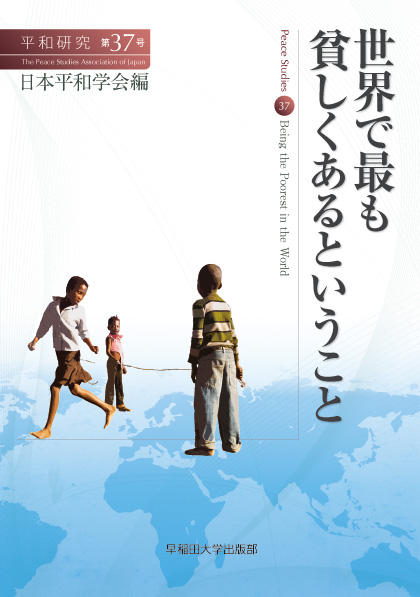37 巻
選択された号の論文の18件中1~18を表示しています
- |<
- <
- 1
- >
- >|
巻頭言
-
2011 年37 巻 p. i-viii
発行日: 2011年
公開日: 2023/11/24
PDF形式でダウンロード (872K)
依頼論文
-
2011 年37 巻 p. 1-23
発行日: 2011年
公開日: 2023/11/24
PDF形式でダウンロード (987K) -
2011 年37 巻 p. 25-46
発行日: 2011年
公開日: 2023/11/24
PDF形式でダウンロード (1072K) -
2011 年37 巻 p. 47-63
発行日: 2011年
公開日: 2023/11/24
PDF形式でダウンロード (1010K) -
2011 年37 巻 p. 65-90
発行日: 2011年
公開日: 2023/11/24
PDF形式でダウンロード (1908K) -
2011 年37 巻 p. 91-115
発行日: 2011年
公開日: 2023/11/24
PDF形式でダウンロード (1014K)
投稿論文
-
2011 年37 巻 p. 117-138
発行日: 2011年
公開日: 2023/11/24
PDF形式でダウンロード (961K)
書評
-
2011 年37 巻 p. 139-143
発行日: 2011年
公開日: 2023/11/24
PDF形式でダウンロード (841K) -
2011 年37 巻 p. 144-149
発行日: 2011年
公開日: 2023/11/24
PDF形式でダウンロード (891K) -
2011 年37 巻 p. 150-154
発行日: 2011年
公開日: 2023/11/24
PDF形式でダウンロード (839K) -
2011 年37 巻 p. 155-160
発行日: 2011年
公開日: 2023/11/24
PDF形式でダウンロード (881K)
SUMMARY
-
2011 年37 巻 p. 167
発行日: 2011年
公開日: 2023/11/24
PDF形式でダウンロード (30K) -
2011 年37 巻 p. 168
発行日: 2011年
公開日: 2023/11/24
PDF形式でダウンロード (28K) -
2011 年37 巻 p. 169
発行日: 2011年
公開日: 2023/11/24
PDF形式でダウンロード (28K) -
2011 年37 巻 p. 170
発行日: 2011年
公開日: 2023/11/24
PDF形式でダウンロード (29K) -
2011 年37 巻 p. 171
発行日: 2011年
公開日: 2023/11/24
PDF形式でダウンロード (29K) -
2011 年37 巻 p. 172
発行日: 2011年
公開日: 2023/11/24
PDF形式でダウンロード (28K)
編集後記
-
2011 年37 巻 p. 173
発行日: 2011年
公開日: 2023/11/24
PDF形式でダウンロード (755K)
- |<
- <
- 1
- >
- >|
